First Trimester Of Pregnancy – What To Eat And What To Avoid?
A common question of worry for every mom-to-be. Since you share your body with your baby for 9 months, the right nutrient intake is crucial than ever.
On Apr 6, 2023 – 10 minutes read

First of all, congratulations on starting out this beautiful journey with your little bundle of joy! Getting pregnant is a dream come true for many women. However, not long after, the emotional roller coaster begins. This 9-month-long journey is filled with so many ups and downs that it becomes an unforgettable experience for life. Some women sail through these 9 months in a breeze. But for others it is a physically and emotionally draining journey. To make the sailing smoother, here is what to eat in the first trimester of your pregnancy and what to avoid.
What To Eat And What To Avoid In The First Trimester Of Pregnancy
The hormonal changes might bring morning sickness, nausea, and food aversions. Digestive discomforts like constipation and acidic refluxes might also trouble you during the first trimester. You are sure to come across a lot of advice from many, on what to eat and what not to eat. No matter how much you read and hear, you will still be confused!
Here is a breakdown of what to eat in the first trimester and what not to. To help you get through the emotional first trimester that is usually marked by nausea, tiredness, and hormonal swings,
What is Happening to your Body in the First Trimester?
As your little bub begins to develop in your snug womb, the mother’s body goes through some physical changes to accommodate the baby’s growing needs. The muscles of the uterus are slowly stretching to provide more room for the baby. The body releases estrogen and progesterone hormones to help the baby grow. This time is very critical for the baby’s development. These 13 weeks will determine the fruitfulness of your pregnancy so you should know what to eat in the first trimester.
What To Eat In The First Trimester?
It is a simple fact that the baby eats what you eat. The hormone surge in the body is responsible for acute nausea and uneasiness that many women go through during pregnancy. Some essential nutrients that you must include in your diet are calcium, iron, folic acid, vitamin B12, and vitamin C.
Most of these nutrients are given to expecting mothers in the form of prenatal vitamins. But it is very important to include them in the diet as well. Of course, you should follow this diet only after discussing with your doctor. Some women are advised to avoid certain foods because of any medical conditions they might have.
#1 Fruits
Avoid pineapple and papaya during the whole nine months since they contain compounds that trigger labor. All other fruits are very healthy and you should include them in your diet. Fruits like apples, bananas, oranges, and pomegranates are great as they are a rich source of fiber and vitamins.

Citrus fruits are a must-have as they provide the body with vitamin C and folic acid that are essential for the baby’s development. You can eat fresh fruits or add them to salads and smoothies to get your fruit quota for the day.
What To Eat In The First Trimester: #2 Lentils
A great source of protein, lentils help in the development of the muscles and tissues in the growing fetus. Most pregnant women experience constipation in the first trimester as the progesterone hormone slows down the digestion process(1). Lentils help to relieve this condition and help in smooth bowel movements.
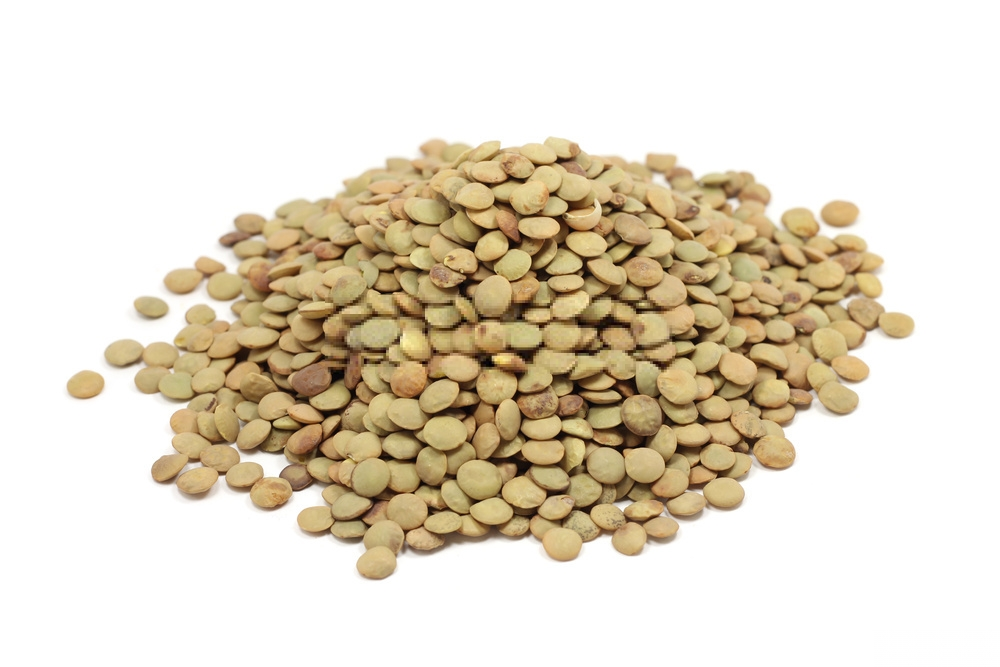
Lentils are also rich in Folate. One cup of cooked lentils provides the body with half of its daily folate requirement. They prevent major birth defects like Spina Bifida and Anencephaly as well if taken regularly.
#3 Nuts
Considered power foods for the body, nuts are good for everybody and especially for pregnant women. They are not only rich in protein but also contain healthy fats for the development of the heart and muscles.

Consume nuts in moderation as they are also packed with calories and can lead to an unhealthy weight gain. Soak them up in some water and eat them with milk in the morning. This will avoid generating heat in the body in summer. In winters, you can consume them as it is or add them to any recipe. Eat a handful of mixed nuts anytime during the day or add them to salads for some crunch.
What To Eat in the First Trimester: #4 Eggs
Vital for the development of a baby’s brain, eating eggs can help you get over the morning sickness and provide you with all the necessary nutrients. They are rich in vitamin D, calcium, and protein that are the building blocks of a growing human body.

You can have eggs in any form but avoid raw or undercooked eggs to reduce the risk of salmonella infection(2). We will be talking about all the foods that you need to avoid later in the “Foods to Avoid” section of the article. If you do not eat eggs, you can substitute it with soybean that has a similar nutrient profile.
#5 Protein
This includes the protein content that you get from lean meat, chicken, or salmon. Chicken is a rich source of iron and salmon provides the body with vitamin D and calcium. Iron helps in the development of red blood cells that ensure abundant oxygen supply to the baby. Make sure that you eat only completely cooked meats as raw or unpasteurized meats can pose risk of contamination.

People who do not eat meat can add a couple of tablespoons of protein powder to their milk to get the same protein content. You can also add tofu or peanut butter to your diet to meet the protein requirements of the body.
What To Eat In The First Trimester: #6 Green Vegetables
Vegetables like spinach, broccoli, asparagus, and other collard greens are packed in iron and folic acid that helps in brain development and formation of red blood cells. Spinach is also a rich source of vitamin A, vitamin K, and manganese. You can add shredded spinach and other greens to soups, salads, or make wholesome sandwiches with them to get your daily share of green vegetables.
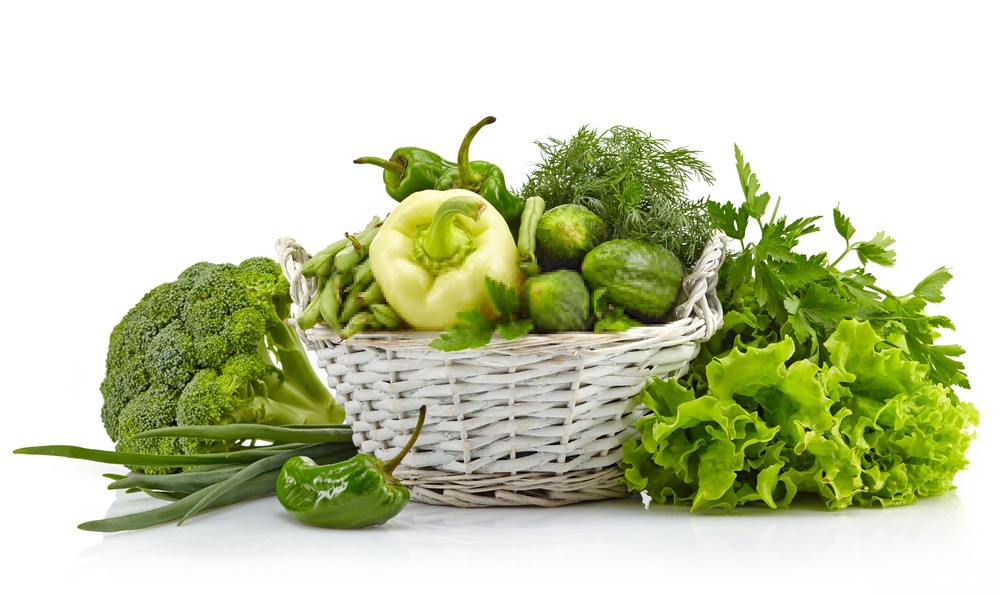
Wash the vegetables extensively before using them in cooking. Because many of these vegetables do not come directly from farms to our tables. They change hands many times so are often covered in mud or dirt.
#7 Milk & Yogurt
A rich source of calcium, dairy products like milk and yogurt should definitely be included in the first-trimester diet. Drink 2 glasses of milk a day with protein powder after consultation with your doctor. It will kick-start your metabolism in the morning and to get a restful sleep at night.
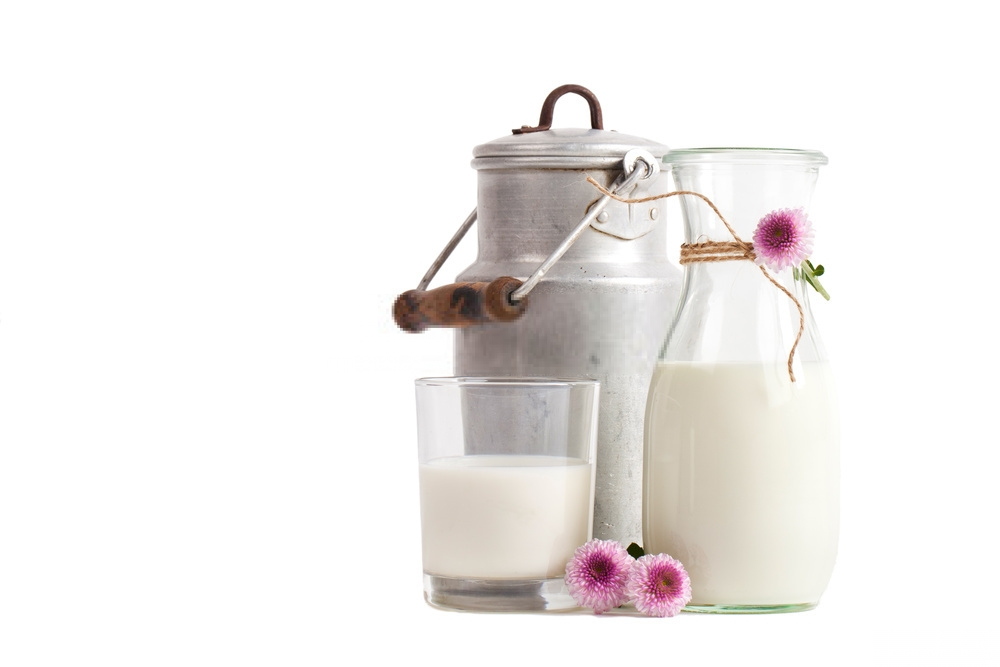
You can include yogurt as a mid-morning snack or freeze it to get your dessert fix after dinner. Top it with some fresh fruits to kill two birds with one stone as you get your quota of fruits and yogurt in one go. You can also make delicious smoothies with it.
So that was our list of the most important foods to include in your diet in the first trimester of pregnancy. These foods are good for the developing body of the baby and help prevent nerves and brain defects in babies. They also help in developing the muscles and tissues and keep the mother’s body ready for the changes in the second and third trimesters. Next, we are going to talk about the foods that you should avoid at all costs and what not to eat in the first trimester. We will also be discussing some diet-related tips in the last part of the article for pregnant women.
What Not to Eat in the First Trimester?
Here are some foods that you should avoid if you are wondering what to eat in the first trimester:
Raw Milk and Cheeses:
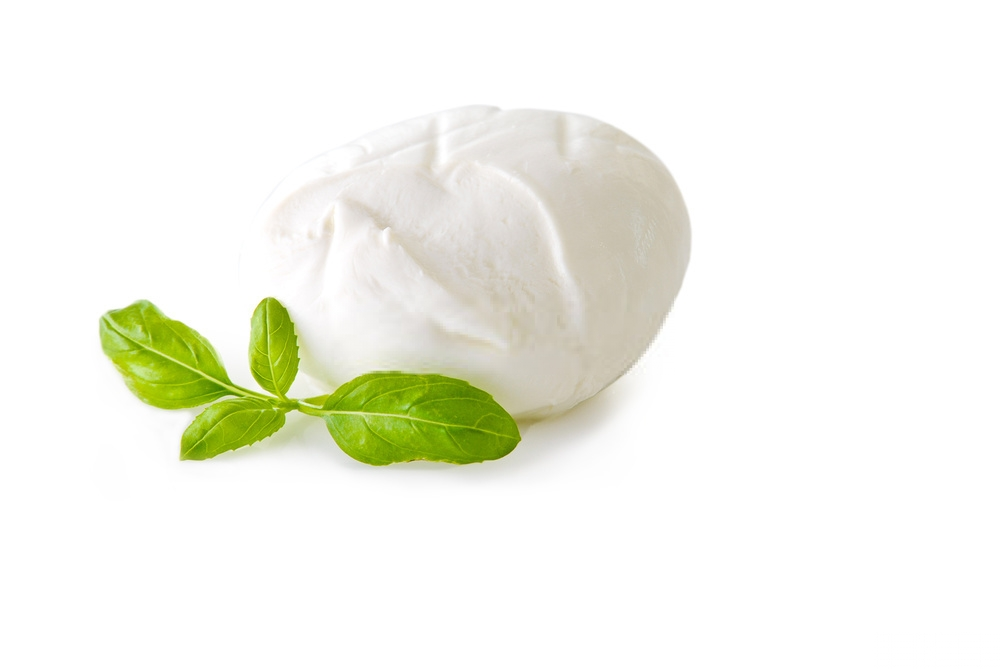
Avoid soft cheeses and unpasteurized milk during pregnancy as these can contain bacteria that can harm the baby. If you want to eat cheese, go for hard cheeses and cheese made from pasteurized milk only. There is less chance of bacteria growing in this type of cheese.
Unwashed Fruits and Vegetables:
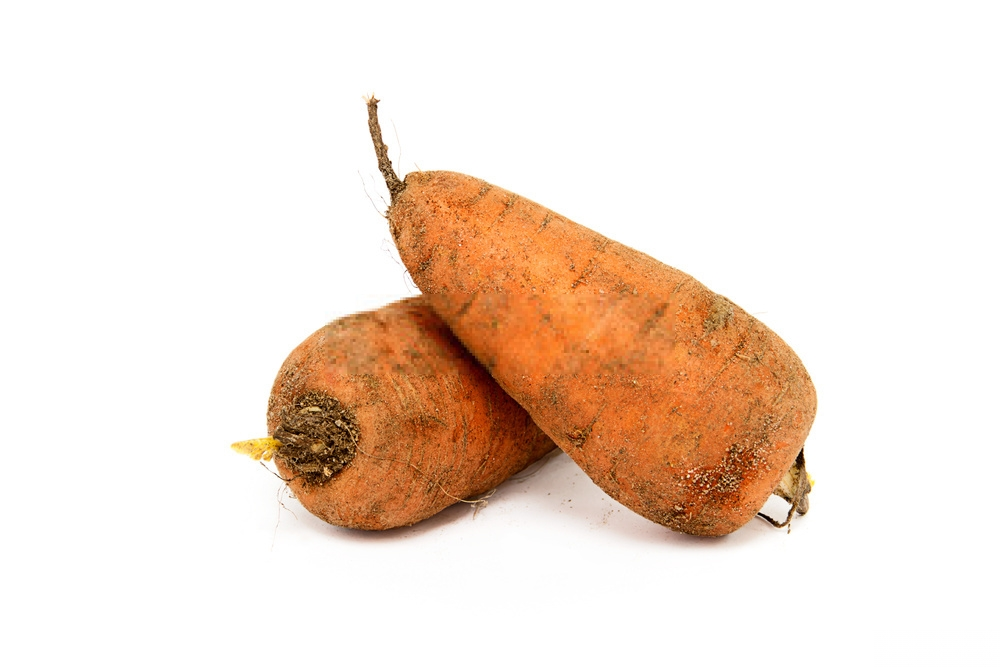
As stated earlier, unwashed fruits and vegetables are a strict no-no in the first trimester of pregnancy and generally as well. Do not pre-cut fruits and vegetables or get pre-packaged salads. You never know if they have been washed properly or not. Wash the fruits and vegetables thoroughly before using them in cooking or eating them raw.
Papaya, Pineapple, and Grapes
Papayas contain latex which can trigger a miscarriage or cause early labor contractions. Avoid raw papaya and you can eat ripe papayas in moderation only after consultation with a dietician. Avoid grapes, especially black ones, because they contain resveratrol, which can be toxic for the mother and the baby. Grapes are also sprayed with chemicals and it is best to avoid them.
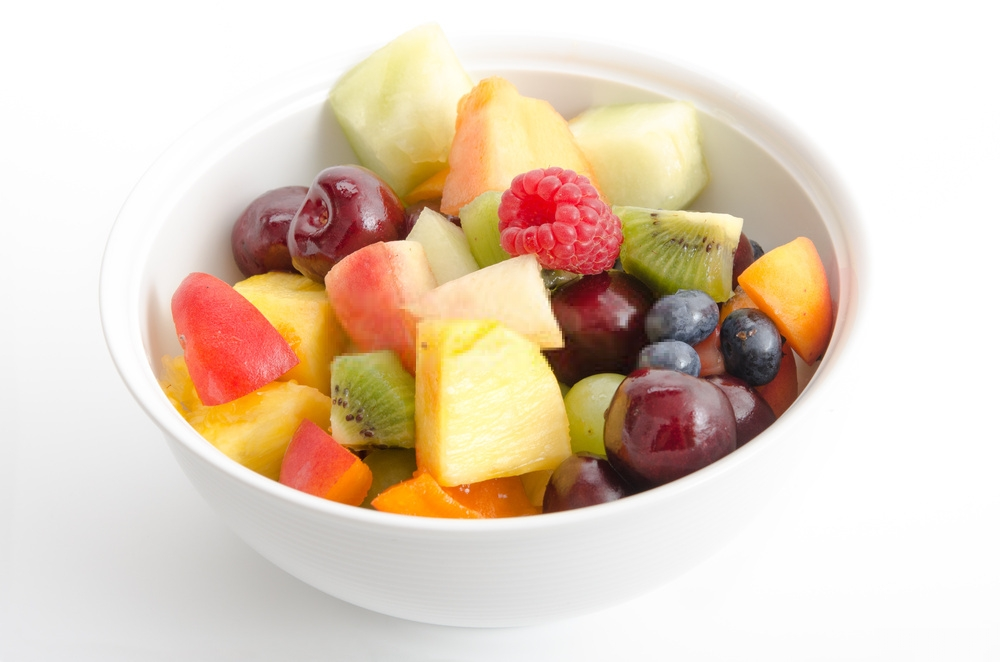
You should not on the other hand eat pineapple in the first trimester as they contain bromelain. Bromelain causes the softening of the cervix muscles. Many women use pineapple juice and pineapple in the last trimester of pregnancy to induce natural labor.
Mercury-laden Fish
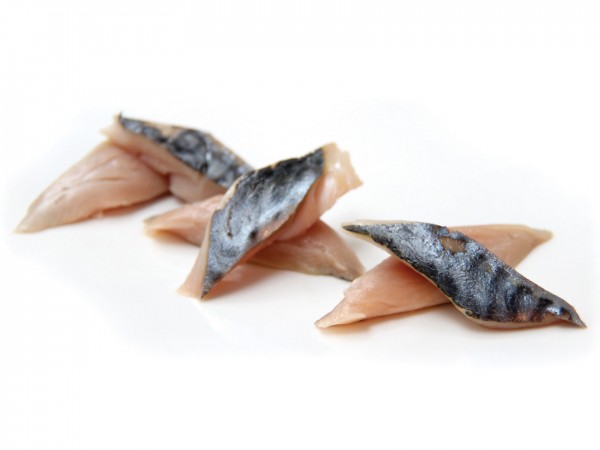
Avoid eating Mackerel, swordfish, raw sushi, and shellfish, and other mercury-laden fishes during the first trimester. Raw sushi and shellfish can contain harmful bacteria that can cause food poisoning. Salmon is the safest fish to eat during pregnancy. You should keep away other species from your diet until after delivery.
Undercooked Eggs and Meat

Do not eat rare meat cuts or undercooked and raw eggs during pregnancy as this increases the risk of salmonella infections. It can cause toxic side effects for the mother and the baby. Prefer properly and hygienically cooked eggs and meats for this reason.
Alcohol and Caffeine
Any amount of alcohol, however small that may be, can harm your baby in the long run. It can pose problems during breastfeeding also. You should avoid it during pregnancy.

Caffeine, in small amounts, is permissible but large amounts of caffeine can trigger a miscarriage(3) in the first trimester of pregnancy. The safe limit generally practiced for caffeine is around 200 mg/day, which means you do not have to cut caffeine completely out of your life but have to take care of the caffeine content in chocolates, coffees, and energy drinks.
Excessive Sugar and Calorie-laden Snacks
A significant number of women experience gestational diabetes during their pregnancy. Hence, pregnant women are advised to avoid sugary snacks and frequent desserts. It can spike their sugar levels to dangerous limits. It is better to eat sweets in moderation and avoid frequent binges.
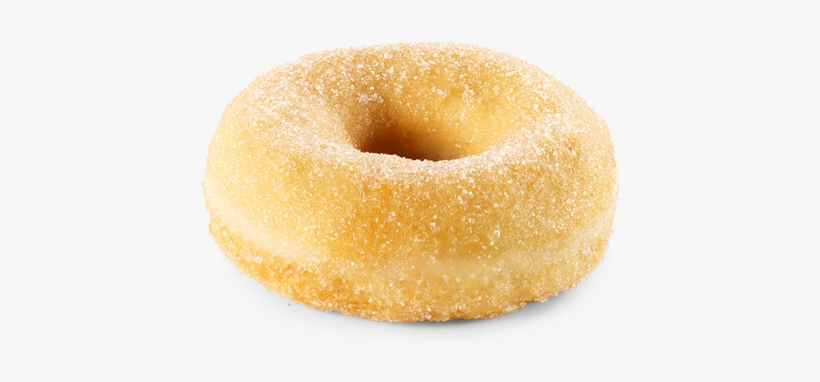
Unhealthy snacks and fast foods are responsible for uncontrolled weight gain during pregnancy and this can lead to an overweight baby if you are not careful with these snacks. Overweight babies are harder to deliver and can suffer from obesity in the later stages of life.
Diet Tips For Pregnant Women
Here are some general tips and tricks that will help you sail through this tough trimester easily without any hiccups:
- Eat small portions of food rather than three large meals. This can make it easy for the body to digest the food as the digestion process slows down in pregnancy.
- Include lots of fluids in your diet. Drink at least 3 liters of water a day and supplement it with other juices and drinks to keep your body hydrated when it is working in overdrive to develop another human. This also prevents constipation and keeps the skin moisturized.
- Do not order in very frequently as you lose control of the portions and quality of ingredients when you order food. It can also cause food poisoning or abdominal discomfort if the food is not cooked hygienically.
- If fruits and vegetables do not appeal to you because of morning sickness and nausea, go for frozen fruits and smoothies that contain the same amount of nutrients but are easier to consume.
- Talk to your dietician about any allergies you have or might have so that they can suggest the best alternatives for you to include in your diet.
- Avoid foods that contain high amounts of vitamin A as too much of this vitamin can harm the baby.
Conclusion
The first trimester is a very crucial period for the mother and the baby as a major development of the baby happens in these 13 weeks. The chances of miscarriage and birth defects are high in this trimester. So, eat right and be active in this period. Some women experience extreme tiredness during the first trimester. But keeping your body hydrated and nourished will help you pass this trimester easily and get you closer to meeting your little angel. This handy guide on what to eat in the first trimester and what not to eat in the first trimester will help you pass this crucial time easily.
Are you an expectant mother or have given birth recently? How was your first-trimester experience and which tips would you like to share with other mothers-to-be?

Subscribe to Newsletter
Elevate your routine, stay on trend, and embrace a personalized beauty journey with our curated insights.





Write a Comment